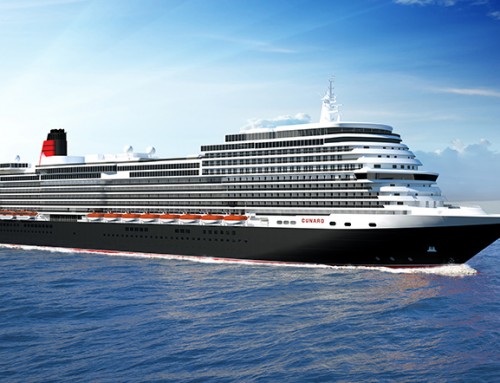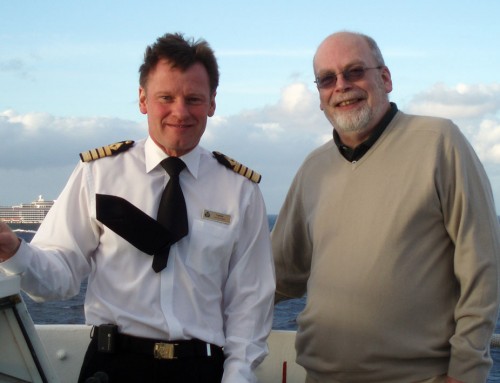There was lots of excitement at this week’s ABTA convention of travel agents in Barcelona in anticipation of what Micky Arison, the billionaire boss of the world’s biggest cruise company, would reveal when he addressed the delegates.
In the event, it turned out he had little new to say.
His company, Carnival, has no plans to try to out-do rivals Royal Caribbean in the “my ship is bigger than yours” contest. No surprise there; he’s said it before, and if he was ever going to indicate a change of mind, it’s unlikely he would announce it in front of a gathering of British travel agents
The title of biggest cruise ship in the world, currently held by RCI’s Freedom-class ships, and soon to be comfortably surpassed by the 220,000-ton Oasis of the Seas, is unlikely to be matched by Carnival, who own the Cunard, P&O, Princess, Costa and Holland-America brands.
“There’s nothing wrong with larger, but it’s different strokes for different folks,” he told the convention, adding: “Some people want a holiday in the Mall of America, and others want to be on a cruise. With big ships you have less flexibility in terms of the ports you can visit. We study these things because we want ships that can go into lots of ports and under bridges.”
All of which means Cunard’s Queen Mary 2, at 148,500-tons, will remain the biggest ship in the Carnival fleet, and Carnival Dream, whose naming ceremony I shall be attending in New York next month, won’t even come close at 130-000 tons.
A staged question-and-answer session with Jeremy Vine failed to bring out much new from Arison, whose companies now operate a total of 93 cruise ships, having started in 1972 with just one second-hand vessel.
Instead of digging under Arison’s skin the questioning focussed on issues such as whether discounted fares were responsible for attracting an unsavoury element among passengers – referring to the so-called “chavs’ cruise” on board P&O’s Ventura last Christmas.
Much more interesting was a session today in which Royal Caribbean’s UK managing director, Robin Shaw, revealed that his company was reviewing the tipping policy on board its British-based ships.
It seems we are reluctant to pay gratuities to staff, unlike American passengers, who are used to a climate where 20 per cent is a standard tip for restaurant waiters.
Shaw said his company was experiencing a “huge cultural difference” between US and UK passengers, and he admitted that crew received far less in tips on sailings from Southampton, where Independence of the Seas is based throughout the summer.
Unfortunately, the question of whether a “challenging” evaluation of the options available to the company would have to look at increased fares up-front remained unanswered.





Leave A Comment